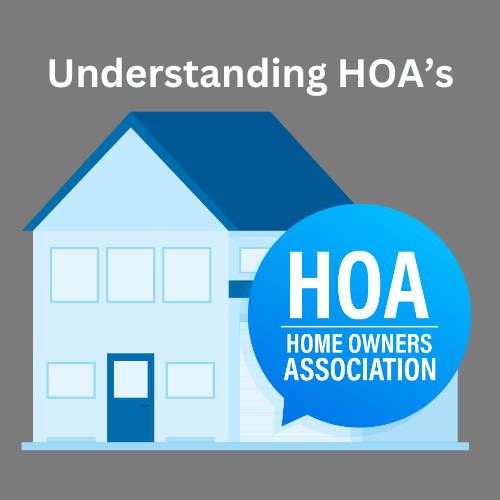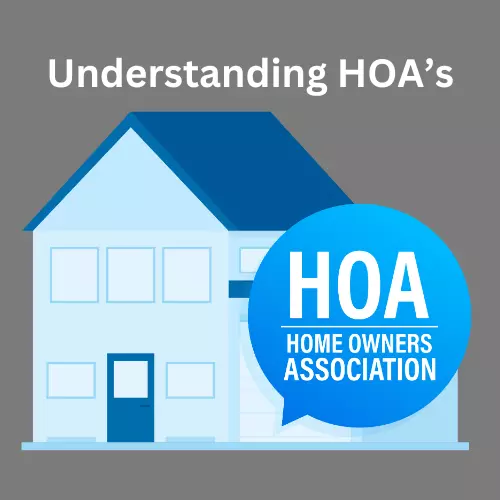What is an HOA?

 When you're in the market for a new home, especially in Oregon and Washington, you may come across properties that are part of a Home Owner Association (HOA). Understanding what an HOA is and how it can impact your lifestyle and finances is crucial for making an informed decision.
When you're in the market for a new home, especially in Oregon and Washington, you may come across properties that are part of a Home Owner Association (HOA). Understanding what an HOA is and how it can impact your lifestyle and finances is crucial for making an informed decision.
What is an HOA?
An HOA, or Home Owner Association, is an organization in a subdivision, planned community, or condominium building that makes and enforces rules for the properties within its jurisdiction. When you purchase a property governed by an HOA, you automatically become a member and are required to pay fees, commonly known as HOA dues. These associations are prevalent in Oregon and Washington, particularly in newer developments and condominium complexes.
How HOAs Impact Buyers
For buyers, being part of an HOA can have both advantages and disadvantages. On the positive side, HOAs often maintain common areas such as parks, swimming pools, and clubhouses. They may also handle landscaping and exterior maintenance of buildings. This can significantly reduce the amount of work you need to do to keep your property looking good.
However, these services come at a cost. HOA fees can range from modest monthly payments to more substantial sums depending on the amenities provided. It's essential to factor these fees into your overall budget when considering a property.
Moreover, HOAs enforce community rules—known as Covenants, Conditions & Restrictions (CC&Rs)—which can dictate everything from the color you can paint your house to the types of pets allowed. While these rules aim to maintain property values and community aesthetics, they can feel restrictive if you're someone who values personal freedom over uniformity.
Lifestyle Considerations
Living in an HOA-governed community can enhance your lifestyle in various ways. The shared amenities often provide opportunities for socializing and recreation that might be cost-prohibitive if you had to install them yourself. Imagine having access to a swimming pool without worrying about its upkeep or enjoying beautifully manicured lawns without ever lifting a finger.
On the flip side, the same rules that protect property values can sometimes feel intrusive. If you're someone who enjoys personalizing your home extensively or prefers less regulation over how you use your property, an HOA might not be the best fit for you.
Financial Aspects
The financial implications of living in an HOA-governed community go beyond just the monthly dues. Some HOAs may levy special assessments for unexpected expenses like major repairs or upgrades to communal areas. It’s wise to review the financial health of any HOA you're considering joining. Look at their budget, reserve funds, and any recent assessments they've imposed.
Additionally, failure to comply with HOA rules or pay dues can result in fines or even legal action. In extreme cases, persistent non-payment could lead to foreclosure on your property.
The Bottom Line
Home Owner Associations are common in the U.S. and while they offer many benefits like maintained common areas and shared amenities that can enhance your lifestyle, they also come with financial obligations and rules that might not suit everyone. As a prospective buyer, it's crucial to weigh these factors carefully before deciding whether an HOA-governed community aligns with your needs and preferences.
Understanding what an HOA entails will help you make more informed decisions as you navigate the home-buying process. Whether you're drawn by the promise of well-kept surroundings or wary of additional costs and restrictions, knowing what to expect will ensure that you find a home where you'll be happy for years to come.
Categories
Recent Posts

"My job is to find and attract mastery-based agents to the office, protect the culture, and make sure everyone is happy! "







